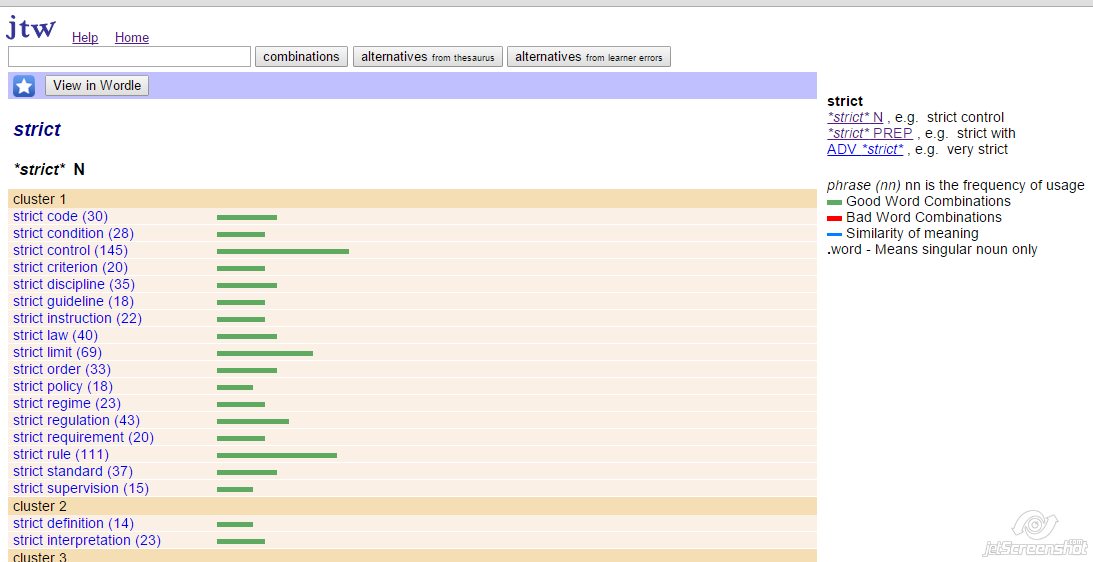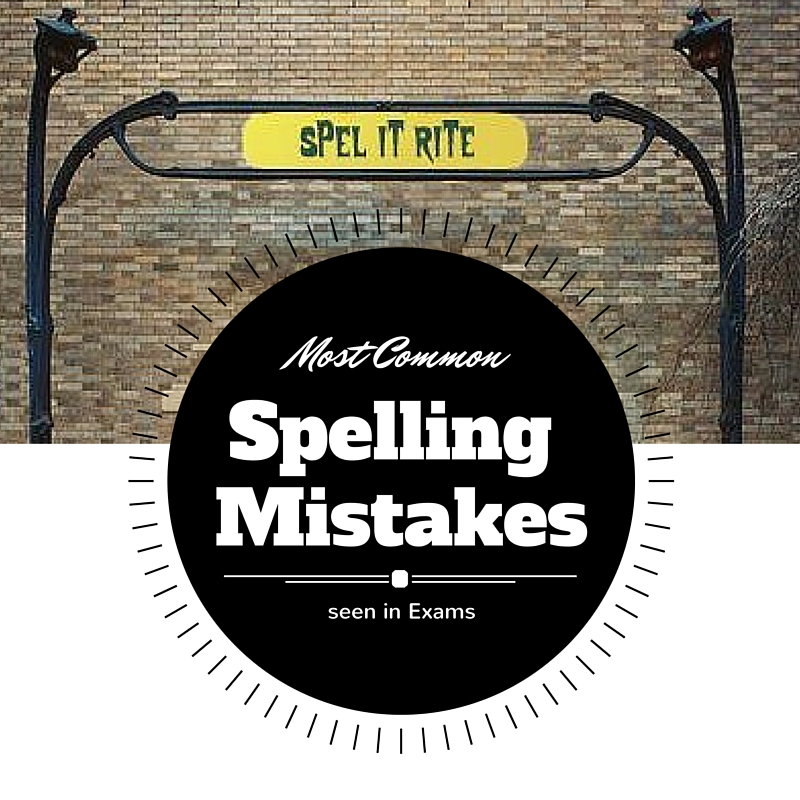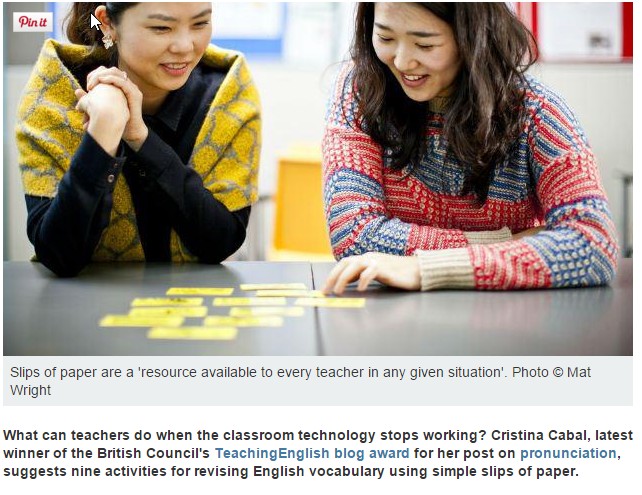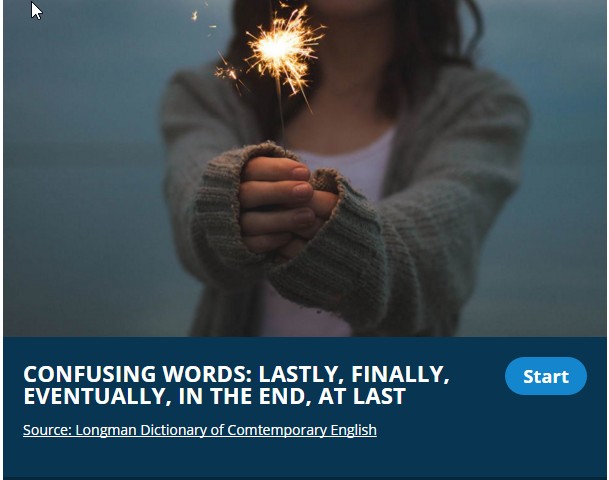It is true that I don’t dedicate enough time to writing activities. I ask my students to do small writing tasks but not the real thing, at least not as often as they would probably need. Would it be a plausible excuse to say that I have 148 students and that it takes an awful lot of time, time I don’t have, to correct their essays? No, I know. I need to make amends, and I have started this week.
Haven’t you always dreamed of travelling to exotic off the beaten track destinations? Well, this activity is all about it! I guarantee you’ll not only enjoy writing and presenting your chosen destination, but you’ll also love hearing what your classmates have to say!
This lesson plan, which aims at developing writing skills through collaborative writing, is based on the theme of tourism and travelling.

Topic: Tourism
Level: Upper Intermediate and above
Time: About 2 teaching sessions
Aims
- To consolidate and extend understanding of vocabulary associated with tourism and travelling
- To develop writing skills through collaborative writing
- To give a presentation in front of an audience
Materials: suggested destinations here
THE TASK
Setting the context. You own a travel company and offer luxury holidays. Business has been bad the last couple of years due to the crisis and you have decided to lower the price of one of your most successful package tours, which happens to be a three-day trip to… (chosen destination)
You and your team have decided to attend the international tourism trade fair in London and try to sell your trip there.
You’ll need to explain the following to the potential customers:
- Brief description of the tour
- Transport to the chosen destination and once there
- Accommodation (options available) and meals included in the price (any extras?)
- Brief description of the three-day tour itinerary (sightseeing/ things to do…etc)
- Why customers should book with your agency
Display on the walls of the class posters of different package tours. Ask students to stand up and stand next to the tour they would like to take. There should be about 4 students per tour. Suggested destinations pdf here.
Writing. Students sit in groups now. Assign the following writing task to the group:
Student 1-
- Brief description of the tour
- Why the customer should book with your agency
Student 2 –
- Transport to the chosen destination and once there
- Accommodation (options available) and meals included in the price (any extras?)
Students 3 and 4 –
- Brief description of the three-day tour itinerary (sightseeing/ things to do…etc)
Walk around the class offering help and guidance.
Presenting. Ask students to imagine they are at the International tourism trade fair in London and that they are going to try to sell their trip to their potential customers (the students in the class). Ask all the students in a group to come to the front of the class and read their part enthusiastically.
Buying. Ask students in the class to vote for the best trip.
(below, students trying to sell their trip)

Below, a nice presentation of Nepal created by Noelia Espinosa, Isabel Pardo, Yolanda Alonso and Silvia García. And here’s a link to the beautiful website created by Sharon Calderón as support for her presentation. Thank you girls!
Photo by Kerry Lee Smith









